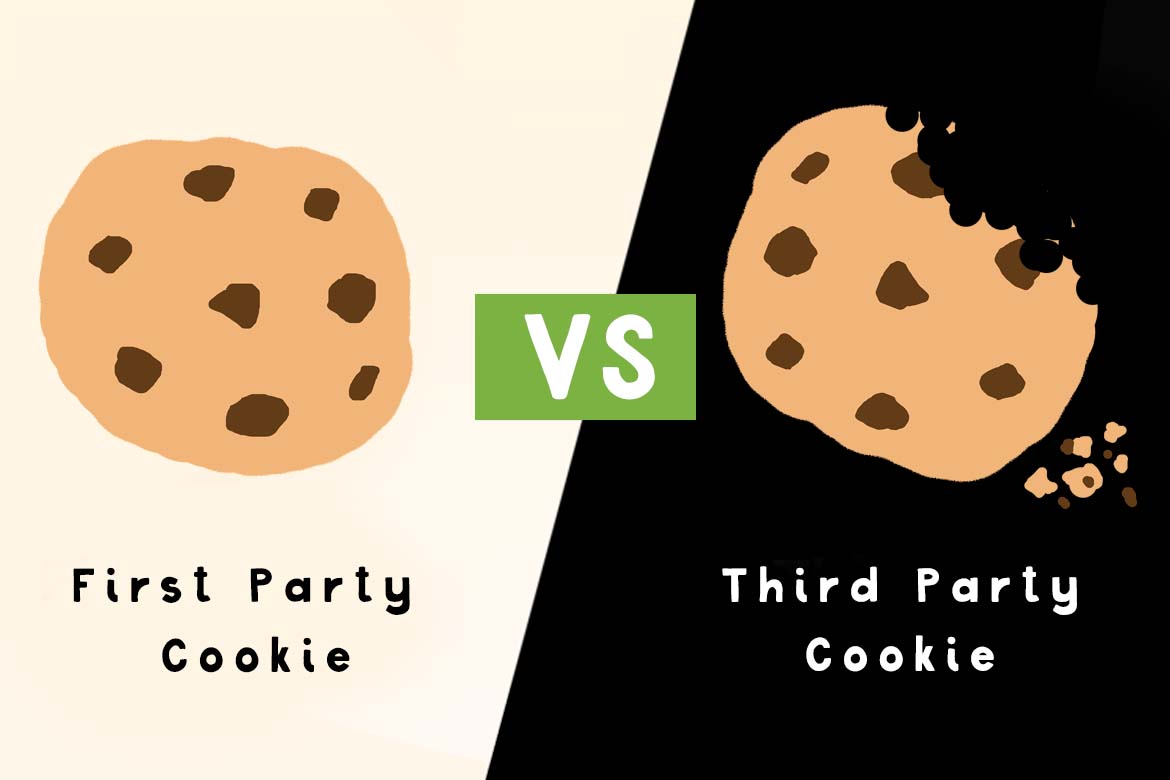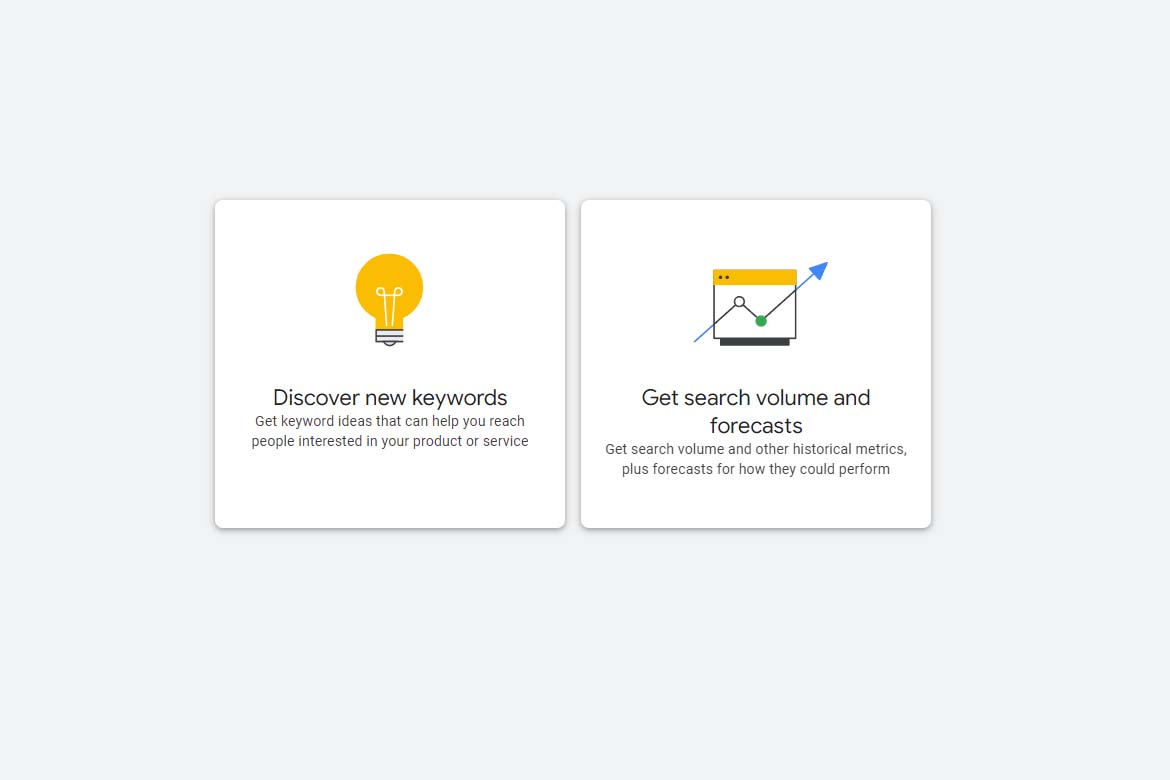If you’re an attentive internet user, you’ve probably noticed that starting in early 2020, a pop-up notification asking you to accept cookies began to appear on every website, each time you visited.
This was, in part, due to California’s Consumer Privacy Act (CCPA) which states that all California consumers have the right to know how their data is used. The CCPA along with similar laws such as the European Union’s General Data Protection Regulation Act (GDPR), have raised questions about the effect of third-party cookies on online user privacy.
Don’t know your first-party from your third-party cookies? Wonder no more because it’s all explained here. (Hint: neither come with chocolate chips.)
What are first-party cookies?
When you visit a website, a snippet of JavaScript code fires up and creates a first-party cookie for you. Sometimes, the website will ask you to accept the cookie to proceed. And in some cases, you won’t be able to use key features of the website unless you accept.
These types of cookies improve and personalise your experience within the site. For example, when you visit an Ecommerce site, it is likely to retain personal user data such as email addresses and passwords. That’s a first-party cookie at work.
The first-party data that is generated will reveal information such as language settings, items you added to a shopping cart, and other personal identifiers.
Broadly speaking, people trust first-party cookies more than third-party cookies because they generally improve the user experience of a website.
What are third-party cookies?
Imagine you just viewed the latest Xbox while browsing on Amazon but you weren’t ready to buy it yet. Suddenly, you start to see ads for the same product on other websites you visit. This isn’t the work of magic, nor is it purely coincidence. This is third-party cookies at work.
Here’s what happens behind the scenes;
Third-party ad tech companies store and manage lines of code which deliver and track ad campaigns across many different websites. So if you’re a publisher, and you want to make money from an advertising network, you can place their ad serving code on your site. Then in turn, every website that uses that code within the ad network can collect and share third-party cookie data to dynamically serve ads to users based on their browsing activity.
And finally…
For years, third party cookies were the cornerstone of online advertising but their days are numbered. With rising privacy concerns and pending forthcoming changes in directives on the use of cookies, there is a high chance that they are on the way out.
Understandably, this can feel overwhelming after years of building your marketing strategy around cookies and recognising all the invaluable user data that has been gathered but the future really is bright. Check out our recent post here for more insights into what’s coming, what to expect, and how we can all continue to reap the benefits in the new world.
The Digital Studios offer a range of services from brand design to training and support. See a fully list of our services and find out more about how we can help your business thrive here.





